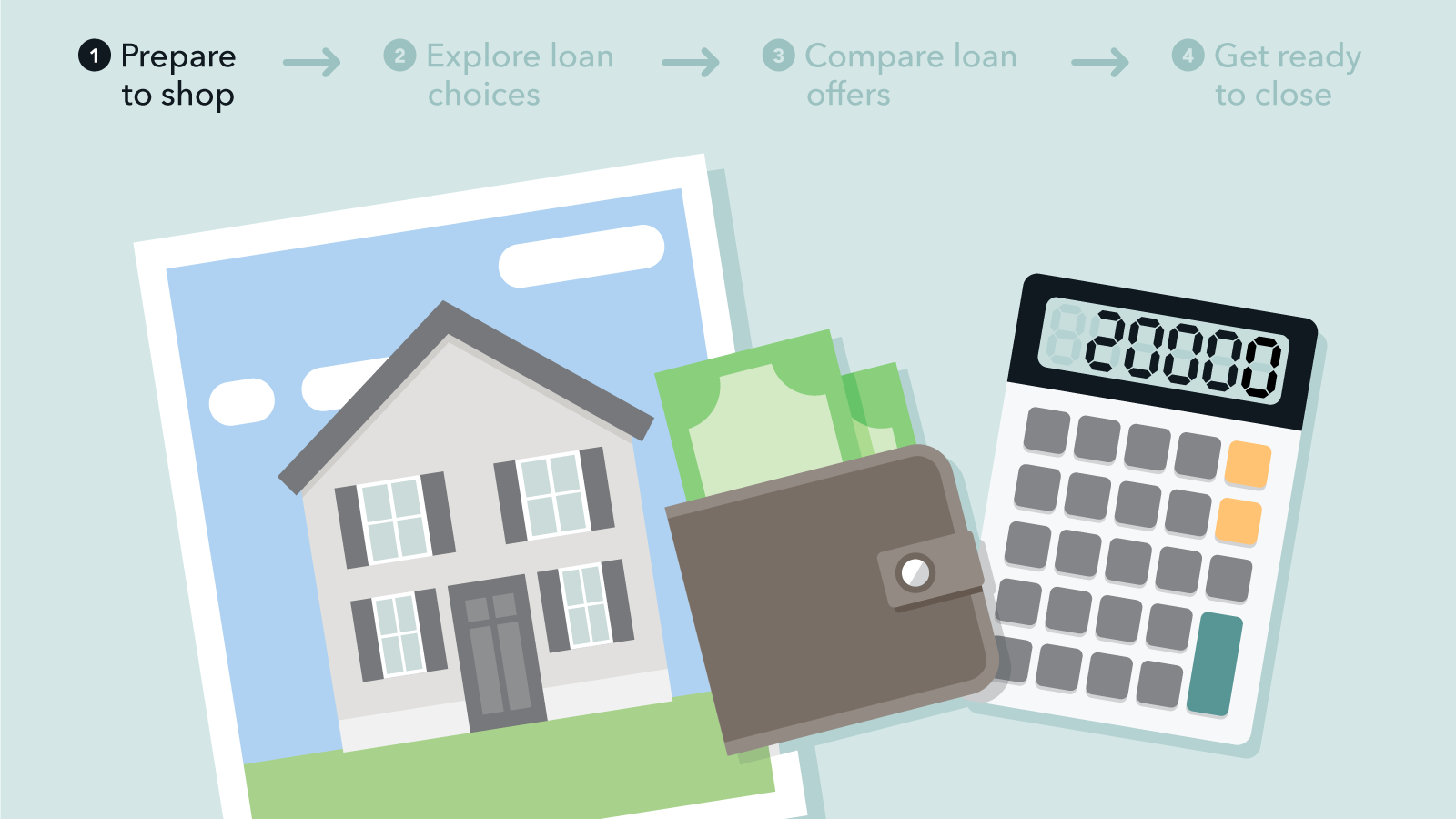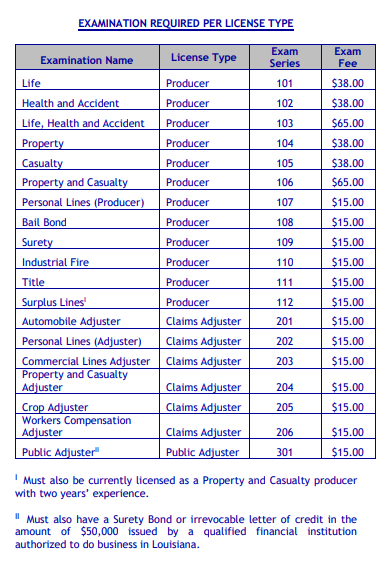
You will need a license to sell real property in Florida. The cost of a license will depend on when you apply and how you complete the process. The majority of applicants choose to take a prelicense education class prior to beginning the licensing process. Some courses can be completed online, while others require you to attend in person. To get a Florida license you will need pass the Florida realty exam and submit your fingerprints the Florida Real Estate Commission.
To be eligible to apply for a real estate license, you must be 18 years old or older, and you must have a high school diploma. To run a background check, you must submit your fingerprints and photo to the Florida Real Estate Commission. This background check will let the state know if you have any criminal convictions.
A 63-hour training course is required before you can obtain your real estate license. This course covers Florida's laws and ethics. It doesn't cover much else. You can still study online, or as you prefer. Once you are done with the course, the Florida Division of Business and Professional Regulation will issue a license.

To be granted a license, you may need to appear at a board if there is a conviction. Your criminal history is reviewed individually. If you have a history involving violent crimes, your license could be denied. A conviction of a felony may prevent you from being licensed as a real-estate agent in the state.
After you have completed the 63-hour course, you are eligible to take the Florida real-estate exam. The exam will take around three and a-half hours to complete and will include 100 multiple choice questions. There are 10 questions that require math calculations. 45 questions will test your knowledge on Florida and Federal law.
After you pass the exam, you will need to pay a non-refundable fee. You cannot activate your license until you are associated with a broker/sponsoring broker. An associate broker or sponsor can activate your license by completing the DBPRRE 11-Sales Associate form.
Before you can apply for your license, you'll need to pass a background check. This can take as long as two weeks. You can fail the real estate exam if you don't pass.

Florida real estate licensing is a promising career choice. The state is experiencing rapid growth and has an expanding real-estate market. The exam process can be accelerated if you take the time to study. You can earn your Florida real property license with the right preparation and patience.
After obtaining your license, it is possible to start working as an agent in real estate. This is an excellent opportunity to either start a new career or make additional income by helping relatives or friends buy homes.
FAQ
How long does it take for a mortgage to be approved?
It depends on many factors like credit score, income, type of loan, etc. It takes approximately 30 days to get a mortgage approved.
What are the chances of me getting a second mortgage.
Yes. However it is best to seek the advice of a professional to determine if you should apply. A second mortgage is typically used to consolidate existing debts or to fund home improvements.
What should I do before I purchase a house in my area?
It depends on how long you plan to live there. Save now if the goal is to stay for at most five years. If you plan to move in two years, you don't need to worry as much.
What are the three most important factors when buying a house?
Location, price and size are the three most important aspects to consider when purchasing any type of home. The location refers to the place you would like to live. Price refers the amount that you are willing and able to pay for the property. Size refers the area you need.
Is it better to buy or rent?
Renting is generally less expensive than buying a home. But, it's important to understand that you'll have to pay for additional expenses like utilities, repairs, and maintenance. The benefits of buying a house are not only obvious but also numerous. You will have greater control of your living arrangements.
Statistics
- When it came to buying a home in 2015, experts predicted that mortgage rates would surpass five percent, yet interest rates remained below four percent. (fortunebuilders.com)
- Based on your credit scores and other financial details, your lender offers you a 3.5% interest rate on loan. (investopedia.com)
- 10 years ago, homeownership was nearly 70%. (fortunebuilders.com)
- Some experts hypothesize that rates will hit five percent by the second half of 2018, but there has been no official confirmation one way or the other. (fortunebuilders.com)
- This seems to be a more popular trend as the U.S. Census Bureau reports the homeownership rate was around 65% last year. (fortunebuilders.com)
External Links
How To
How to Manage A Rental Property
Renting your home can be a great way to make extra money, but there's a lot to think about before you start. We'll show you what to consider when deciding whether to rent your home and give you tips on managing a rental property.
This is the place to start if you are thinking about renting out your home.
-
What are the first things I should consider? You need to assess your finances before renting out your home. If you have any debts such as credit card or mortgage bills, you might not be able pay for someone to live in the home while you are away. You should also check your budget - if you don't have enough money to cover your monthly expenses (rent, utilities, insurance, etc. You might find it not worth it.
-
How much is it to rent my home? Many factors go into calculating the amount you could charge for letting your home. These factors include location, size, condition, features, season, and so forth. Prices vary depending on where you live so it's important that you don't expect the same rates everywhere. Rightmove has found that the average rent price for a London one-bedroom apartment is PS1,400 per mo. This means that your home would be worth around PS2,800 per annum if it was rented out completely. This is a good amount, but you might make significantly less if you let only a portion of your home.
-
Is it worthwhile? Although there are always risks involved in doing something new, if you can make extra money, why not? You need to be clear about what you're signing before you do anything. Renting your home won't just mean spending more time away from your family; you'll also need to keep up with maintenance costs, pay for repairs and keep the place clean. Make sure you've thought through these issues carefully before signing up!
-
Are there any advantages? You now know the costs of renting out your house and feel confident in its value. Now, think about the benefits. There are many reasons to rent your home. You can use it to pay off debt, buy a holiday, save for a rainy-day, or simply to have a break. It is more relaxing than working every hour of the day. And if you plan ahead, you could even turn to rent into a full-time job.
-
How can I find tenants Once you've decided that you want to rent out, you'll need to advertise your property properly. You can start by listing your property online on websites such as Rightmove and Zoopla. Once potential tenants reach out to you, schedule an interview. This will allow you to assess their suitability, and make sure they are financially sound enough to move into your house.
-
How do I ensure I am covered? If you don't want to leave your home empty, make sure that you have insurance against fire, theft and damage. You'll need to insure your home, which you can do either through your landlord or directly with an insurer. Your landlord will likely require you to add them on as additional insured. This is to ensure that your property is covered for any damages you cause. This doesn't apply to if you live abroad or if the landlord isn’t registered with UK insurances. In such cases you will need a registration with an international insurance.
-
Even if your job is outside the home, you might feel you cannot afford to spend too much time looking for tenants. However, it is important that you advertise your property in the best way possible. A professional-looking website is essential. You can also post ads online in local newspapers or magazines. A complete application form will be required and references must be provided. Some people prefer to do the job themselves. Others prefer to hire agents that can help. Interviews will require you to be prepared for any questions.
-
What happens after I find my tenant?After you've found a suitable tenant, you'll need to agree on terms. If you have a lease in place, you'll need to inform your tenant of changes, such as moving dates. You may also negotiate terms such as length of stay and deposit. You should remember that although you may be paid after the tenancy ends, you still need money for utilities.
-
How do you collect the rent? You will need to verify that your tenant has actually paid the rent when it comes time to collect it. If they haven't, remind them. Any outstanding rents can be deducted from future rents, before you send them a final bill. You can always call the police to help you locate your tenant if you have difficulty getting in touch with them. They will not normally expel someone unless there has been a breach of contract. However, they can issue warrants if necessary.
-
What are the best ways to avoid problems? It can be very lucrative to rent out your home, but it is important to protect yourself. Ensure you install smoke alarms and carbon monoxide detectors and consider installing security cameras. Check with your neighbors to make sure that you are allowed to leave your property open at night. Also ensure that you have sufficient insurance. Do not let strangers in your home, even though they may be moving in next to you.